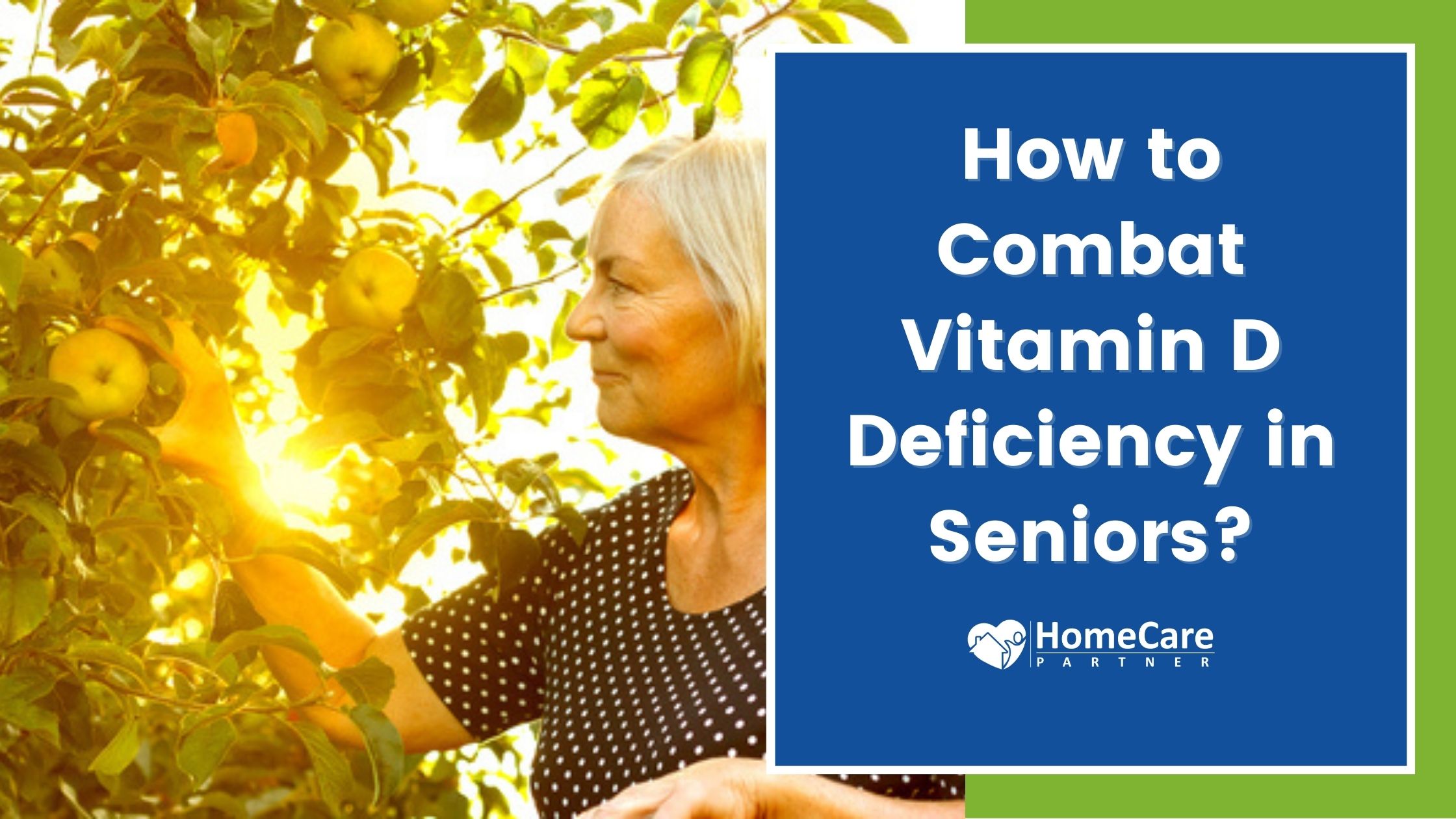


Vitamin D deficiency is a common problem that can be attributed to several causes. Firstly, the body fails to absorb vitamin D as we age as efficiently as when we were younger and the process is even more affected in winter months because of the lack of sunlight and less time spent outdoors. Additionally, unlike other nutrients, most foods cannot supply our bodies with vitamin D.
Seniors, especially, are more susceptible to becoming vitamin D deficient, and elderly men are more likely to experience acute vitamin D deficiency, also it can increase the risk of sleep disorders in elderly. Research data shows that the prevalence of very severe vitamin D deficiency in elderly men and elderly women is 44% and 26%, respectively. Such seniors may be at risk of contracting diseases like osteoporosis, diabetes, and many others.
In this article, we will discuss everything you need to know about vitamin D deficiency in seniors.
Adequate vitamin D can help keep up a good mood and increase energy levels in the elderly during the winter. In addition, vitamin D has several other health benefits for elders. These include the following:
Vitamin D is essential for bone growth and the prevention of bones from becoming brittle. And, can absorbe calcium in the body, which is very important for bone health. According to a 2018 study, vitamin D also helps in strengthening muscles. It is proven to prevent diabetes in people at high risk of the disease, too, and also helps people with diabetes by increasing insulin sensitivity.
Studies show that vitamin D may play a role in controlling high blood pressure, which is one of the principal contributors to heart diseases.
Particularly helpful in winter, vitamin D can boost immunity by helping the body fight against viruses and bacteria. It also helps in reducing inflammation in elders.
A 2017 study links lower levels of vitamin D and depressive symptoms, such as ennui, loneliness, and insomnia. Low vitamin D levels in the brain adversely affect the hormone serotonin, which controls mood.
The usual symptoms are:
Blood tests can easily determine whether or not elders have vitamin D deficiency.
There are several ways to avoid vitamin D deficiency in seniors.
Although elders may prefer to stay home, especially during winter, the sun is important for the bodily absorption of vitamin D. Therefore, it is essential for elders to step outside for a while, even in winter months. Whether it be a brisk walk or doing daily chores outdoors, allowing the sun’s rays to fall on the body is always the first step to preventing vitamin D deficiency.
Taking a vitamin D supplement regularly significantly reduces the chances of vitamin D deficiency in elders. However, please consult your doctor before starting to take any supplements.
Proper nutrition is essential to avoid vitamin D deficiency in seniors. A balanced diet is also vital for the physical and mental well-being of seniors, particularly in winter when they cannot step out too often. Home-cooked meals that include mushrooms, fatty fish, shrimp, salmon, egg yolks, and cheese help avoid vitamin D deficiency in seniors. Many seniors may find it difficult to shop for these items or cook them regularly. Hiring an in-home caregiver to prepare meals is a good option in such cases.
Our metabolism and lean body mass decrease as we grow older. Our appetites become weaker, and the body fails to absorb certain nutrients and vitamins. A dip in physical activity and caloric intake in seniors leads to a vitamin deficiency too. This makes them vulnerable to many diseases.
Some other causes may be:
If you are finding it difficult to provide better care to your elderly loved one, then you should consider in-home care services. In-home caregivers are professionals who are trained to take care of your loved one’s needs.
Looking for in-home care services in Los Angeles for your elderly family members? If yes, then our professional caregivers at Home Care Partner are your best choice. Our in-home caregivers are adept at providing your loved ones with the assistance and support they need during their senior years. Contact us today to learn more about our in-home care plans, services, and the care options we provide.

Home Care Partner wants you to be confident in choosing us. We want to show that our care is unmatched!

Get 20% OFF a week's worth of care!
We want to show you that our care is unmatched.